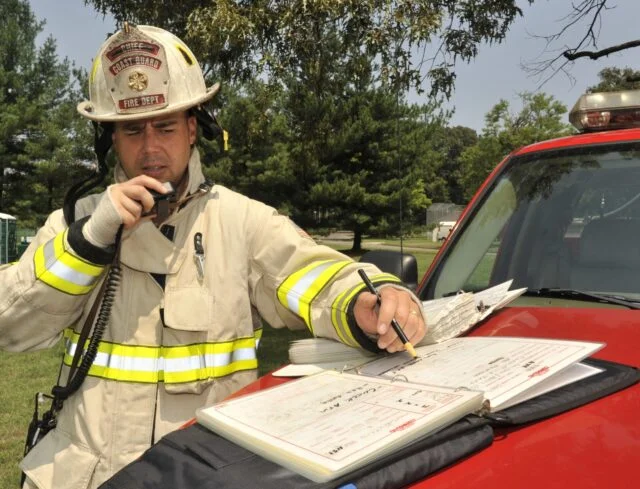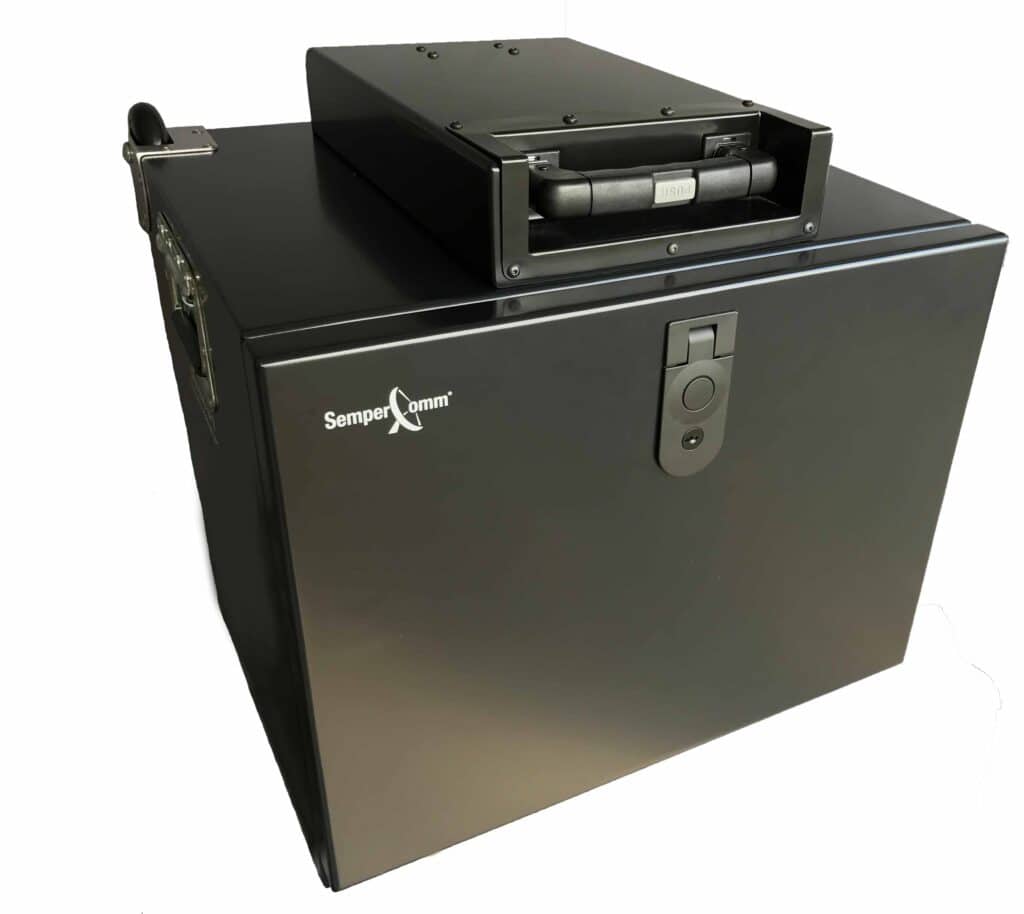Mobile Command Center Strengths and Weaknesses
Understanding Mobile Command Center Strengths and Weaknesses
When considering mobile command center strengths and weaknesses, it comes down to one basic question. Will it work under any and all circumstances? On the worst day imaginable, during a Black Sky Event, will it work? Will you have the communications capability you need to save lives and property? This is the only thing that matters to the public depending on you. Mobile Command Centers can deliver significant mission capability under the right emergency or disaster conditions. However, in many critical incidents, response conditions are often less than ideal.
Mobile Command Center Capabilities: Infrastructure Failure
Mobile Command Vehicles can have extensive features and capabilities. This includes communications, shelter facilities, climate control, and even videoconferencing capability for responders. However, when infrastructure fails or is compromised there is a better alternative. For many emergency and disaster scenarios a Mobile Command Center makes less sense than other more nimble options. There are times when Mobile Command Centers cannot be deployed fast enough. This is especially true when infrastructure such as roads are compromised.
Mobile Command Center Response: First 72 Hours
Understanding mobile command center strengths and weaknesses during the first hours in a critical incident are vital. In order to manage events, you must reach critical points of the operation in rapid rapid time and establishing critical command communications, This has to happen within the first 72 hours, or cascading events can occur. Reaching the main point of operations within the first hours, and even the first 72 hours, presents many challenges for Mobile Command Centers.
Mobile Command Center Performance: Major Disasters
History shows that overdependency on Mobile Command Centers for primary backup Emergency Communications often fails just when needed most. There are plenty of examples where Mobile Command Centers couldn’t be deployed rapidly enough. In the worst disasters, Command Vehicles failed to provide Command and Control within the critical first 72 hour response period. During these events, the 72-hour window closed, and proper Command and Control wasn’t established. As a result, Situational Awareness (SA) was lost and cascading events rapidly followed. This made the outcomes for these disasters much worse (i.e., Katrina/Maria)
“The simple fact is, on the worst day, the last thing you will need in a disaster is videoconferencing. What you need, plain and simple, is reliable, sustainable two-way communications. You need to communicate to manage your scarce resources especially during the first critical 72 hours.”
Mobile Command Center: Disaster Planning
In planning response strategies consider that most Mobile Command Centers have the following traits:
- Infrastructure Dependency– All Mobile Command Centers are highly dependent on multiple forms of working infrastructure. To deliver mission capability they need working roads and refueling for sustained operations.
- Cost-Most Emergency Command Vehicles are very costly and out of reach for most communities. As a result, many communities then seek agreements from outside for such support. This is a flawed strategy as these communities are now at the mercy of others from outside.
- Complexity-Mobile Command Centers are “Logistically Heavy” and complex. The often require a team to maintain and deploy them. Many mobile command center vehicles require special skills to operate and maintain them.
- Visibility- In some instances the presence of an Emergency Command Vehicle makes sense. However, given today’s threat profile, this visibility can itself become a threat. In certain instances, the vehicle itself can become high profile target.
Portable Command Center: Best Solution
All emergency response organizations and agencies need a rapidly deployable Command Center system. A portable system with the core capabilities of a mobile command center makes the most sense in many instances. The SemperComm Portable Command Center (PCC) doesn’t have the same vulnerabilities as a traditional command vehicle. The PCC’s rapid deployment capability enables you to achieve better operational outcomes. As such, the SemperComm Portable Command Center (PCC) acts as an operational force multiplier.
With SemperComm, you will have the ability to get critical command communications to the most critical nerve centers in rapid time. You will have operational capability within the first hours of any critical incident. During a critical event, you can take control and manage events for best possible outcomes. Additionally, if a Command Vehicle arrives on scene, the SemperComm PCC can be pushed further to more forward points of the operation, giving you greater Situational Awareness.
Finally, the ideal Emergency Communication System should also provide you deployable communications for every-day use. The SemperComm PCC is the ideal system as it is highly nimble, and easy for anyone to rapidly deploy. Our system provides mission capability for “all hazards” and any emergency including complete infrastructure breakdown and failure.


Mobile Command Centers can provide a high level of disaster response and emergency communications. However, they are cost prohibitive for many organizations. There is an alternative that provides the effective, portable disaster communications of a mobile command center at a fraction of the cost.

With a unique, patented design, SemperComm® provides an affordable alternative to costly mobile command centers while increasing deployability and resiliency.
To learn more about SemperComm® or for sales or questions, contact us.
About SemperComm® (“Always Communications”)
SemperComm’s Portable Command Center is the only system available today that does not need any infrastructure in order to operate and provides all the mission critical capabilities above. You can learn more about our patented Portable Command Center Here.
SemperComm® Systems is an Emergency Management consulting firm that provides emergency management services and emergency communications products. To learn more about how SemperComm® can meet your needs contact us.
